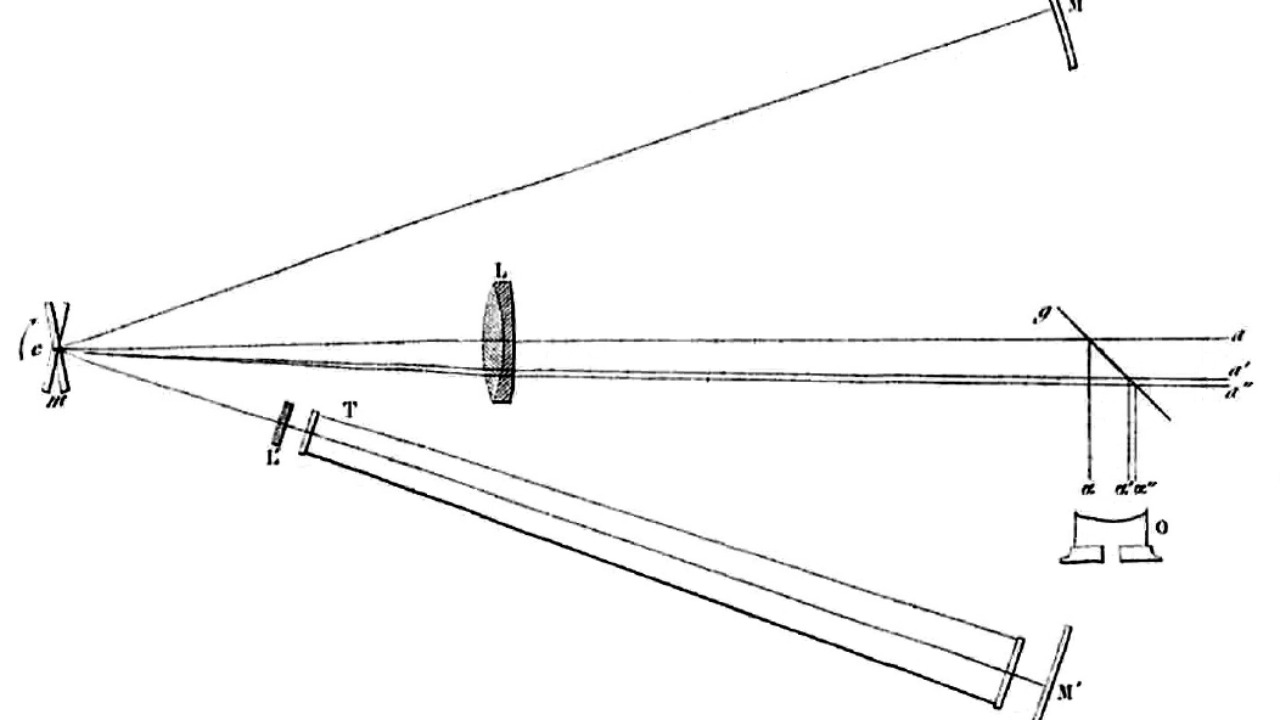
In the realm of physics, the speed of light is considered one of the most fundamental constants in the universe, dictating the structure of time and space as we know it. But what if this cornerstone of modern physics wasn’t as constant as we once believed? Exploring this possibility opens up a Pandora’s box of implications that could reshape our understanding of the universe.
The Current Understanding of the Speed of Light

Definition and Role in Physics
The speed of light, measured as 299,792,458 meters per second, is a fundamental constant that plays a crucial role in physics. It is not just the maximum speed at which information can travel through the universe; it also serves as a foundational pillar in Einstein’s theory of relativity. According to relativity, the speed of light influences the very fabric of time and space, affecting how we perceive distance and time intervals.
Einstein’s equations rely heavily on the constancy of light speed to describe how objects move through space-time. Any deviation from this constant could potentially disrupt our current understanding of how the universe operates, affecting everything from the trajectory of planets to the path of light itself.
Experimental Evidence
Historically, numerous experiments have reinforced the constancy of the speed of light. From the Michelson-Morley experiment in the late 19th century to modern-day laser interferometry, scientists have consistently found that the speed of light remains unchanged across various conditions and mediums.
Yet, despite this overwhelming evidence, researchers continue to test its constancy. Modern experiments involving atomic clocks and astrophysical observations aim to probe the limits of our understanding, questioning whether this constant might, under certain extreme conditions, exhibit variability.
Theoretical Implications of a Non-Constant Speed of Light

Impact on Relativity
If the speed of light were found to be variable, it would necessitate a reevaluation of Einstein’s equations of relativity. The relationship between time and space would undergo dramatic changes, potentially altering concepts such as simultaneity and causality.
Such a shift might imply that time could flow differently in various parts of the universe, or that the geometry of space-time could be more dynamic than currently thought. These changes could lead to new insights into the nature of gravity, black holes, and other cosmic phenomena.
Cosmological Consequences
A changing speed of light would have profound effects on our understanding of cosmology. It could impact the models that describe the Big Bang theory and the universe’s expansion. The rate at which galaxies move away from each other might need recalibration, affecting everything from dark energy estimates to the age of the universe.
Additionally, a variable light speed could alter our interpretation of the cosmic microwave background radiation. This fundamental relic from the early universe serves as a cornerstone for cosmological measurements, and any changes could ripple through various scientific models and theories.
Technological and Practical Implications

Communication and Technology
In practical terms, any variation in the speed of light could have significant implications for technology. Systems reliant on precise measurements of light speed, such as fiber optics and satellite communications, might face challenges in maintaining accuracy and efficiency.
GPS systems, which depend on the constant speed of light for time synchronization, could become less reliable, impacting everything from navigation to global time standards. Engineers and scientists would need to develop new methods to account for these changes, ensuring that technological systems remain functional and accurate.
Potential for New Technologies
On the flip side, a new understanding of light speed might pave the way for groundbreaking technologies. Advanced propulsion systems, capable of surpassing current limitations, could emerge, potentially revolutionizing space travel and exploration.
Such innovations could lead to faster interstellar travel, opening new frontiers for human exploration and understanding. By harnessing a different conception of light speed, we might unlock capabilities that were previously deemed impossible.
Challenges and Controversies in Research

Scientific Skepticism
Despite the intriguing possibilities, there is significant skepticism within the scientific community about the variability of the speed of light. Many researchers argue that more empirical evidence is needed before such claims can be taken seriously. The debate is ongoing, with some scientists proposing alternative explanations for observed anomalies.
As with any groundbreaking idea, rigorous testing and validation are required to determine its validity. The scientific method demands that new theories be scrutinized and replicated before they can challenge established paradigms.
Ethical and Philosophical Considerations
Questioning a fundamental constant like the speed of light also raises philosophical questions. It challenges our perception of the universe as an orderly system governed by unchanging laws. Such a shift could lead to a more dynamic understanding of nature, where constants may be subject to change under certain conditions.
Ethically, pursuing this line of research involves weighing the potential benefits against the risks of disrupting established scientific knowledge. Researchers must consider the broader implications of their work on society, education, and the future of scientific inquiry.
The Future of Light Speed Research

Ongoing Studies and Experiments
Despite the challenges, studies and experiments continue to test the constancy of light speed. International collaborations are essential for this research, pooling resources and expertise to explore this fundamental question. Ongoing experiments aim to push the boundaries of our understanding, utilizing cutting-edge technology to probe deeper than ever before.
These efforts could lead to new insights and discoveries, potentially altering our conception of the universe and its underlying principles.
Potential Paradigm Shifts
Should new evidence support a variable speed of light, it could lead to paradigm shifts not only in physics but across scientific disciplines. Our understanding of the universe’s history and future might change, affecting everything from theoretical models to practical applications.
Such a shift would also impact education, requiring updates to curricula to reflect these new insights. As we move forward, the dissemination of scientific knowledge will need to adapt, ensuring that future generations are equipped to understand and explore a universe that may be more dynamic than we ever imagined.